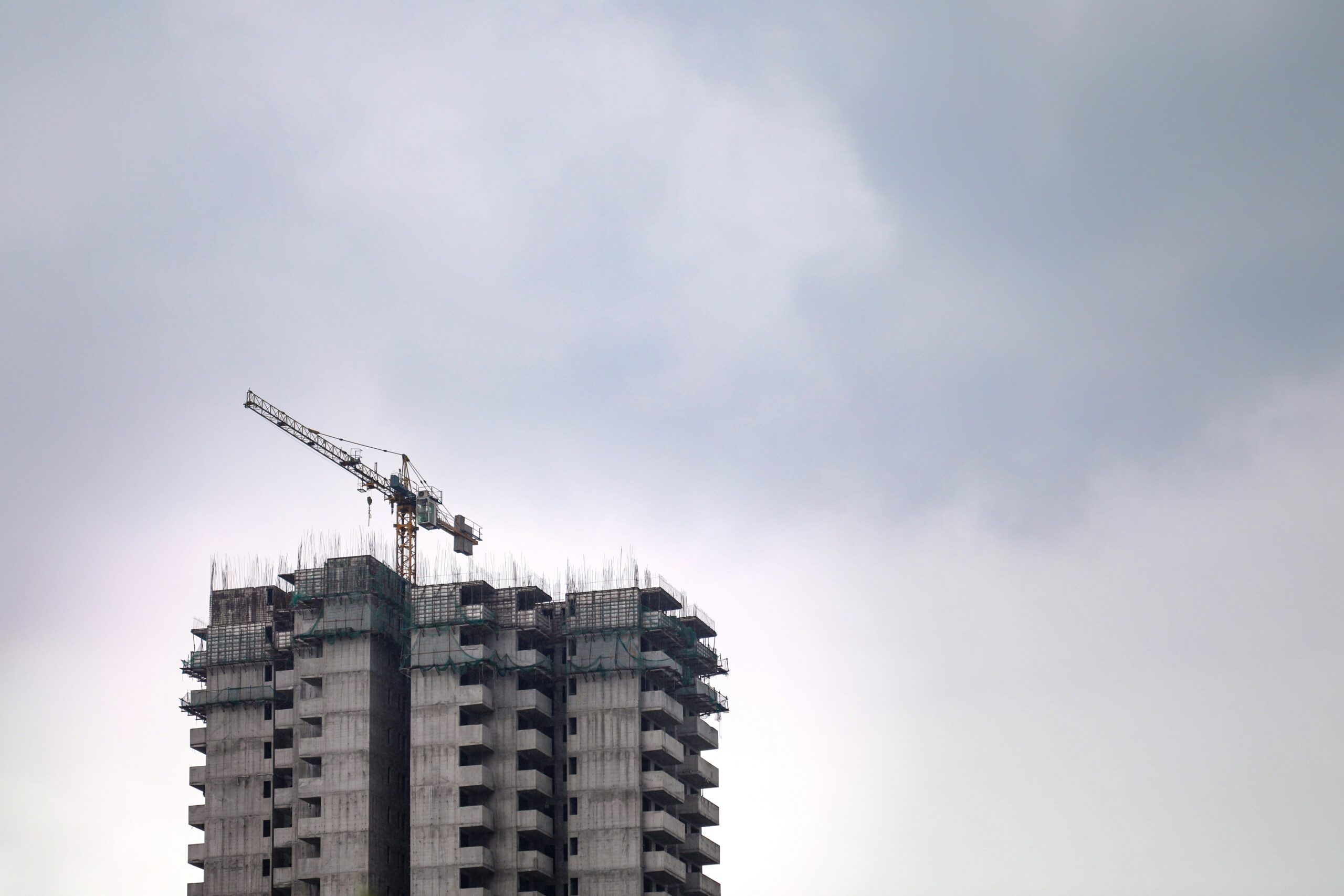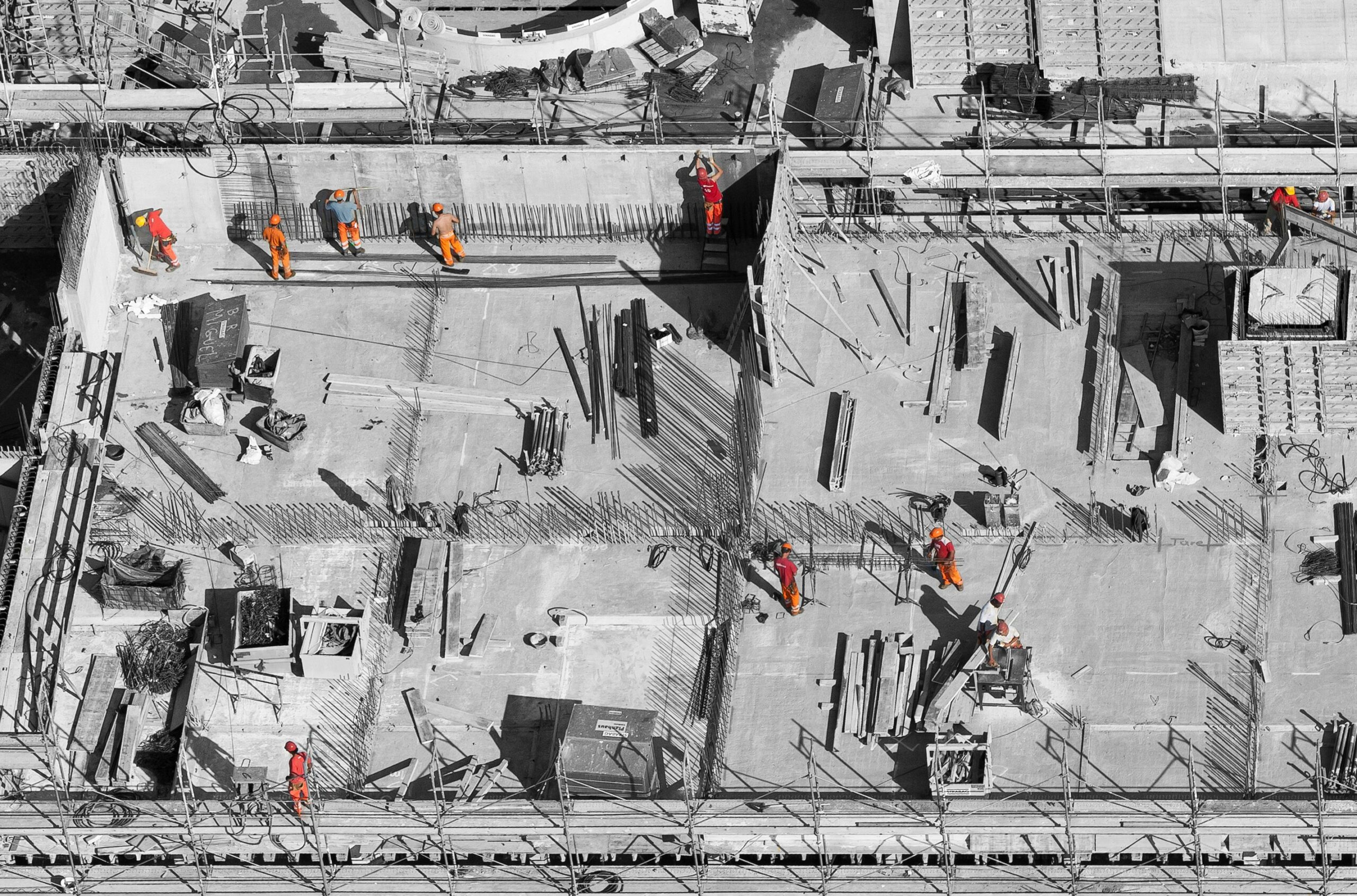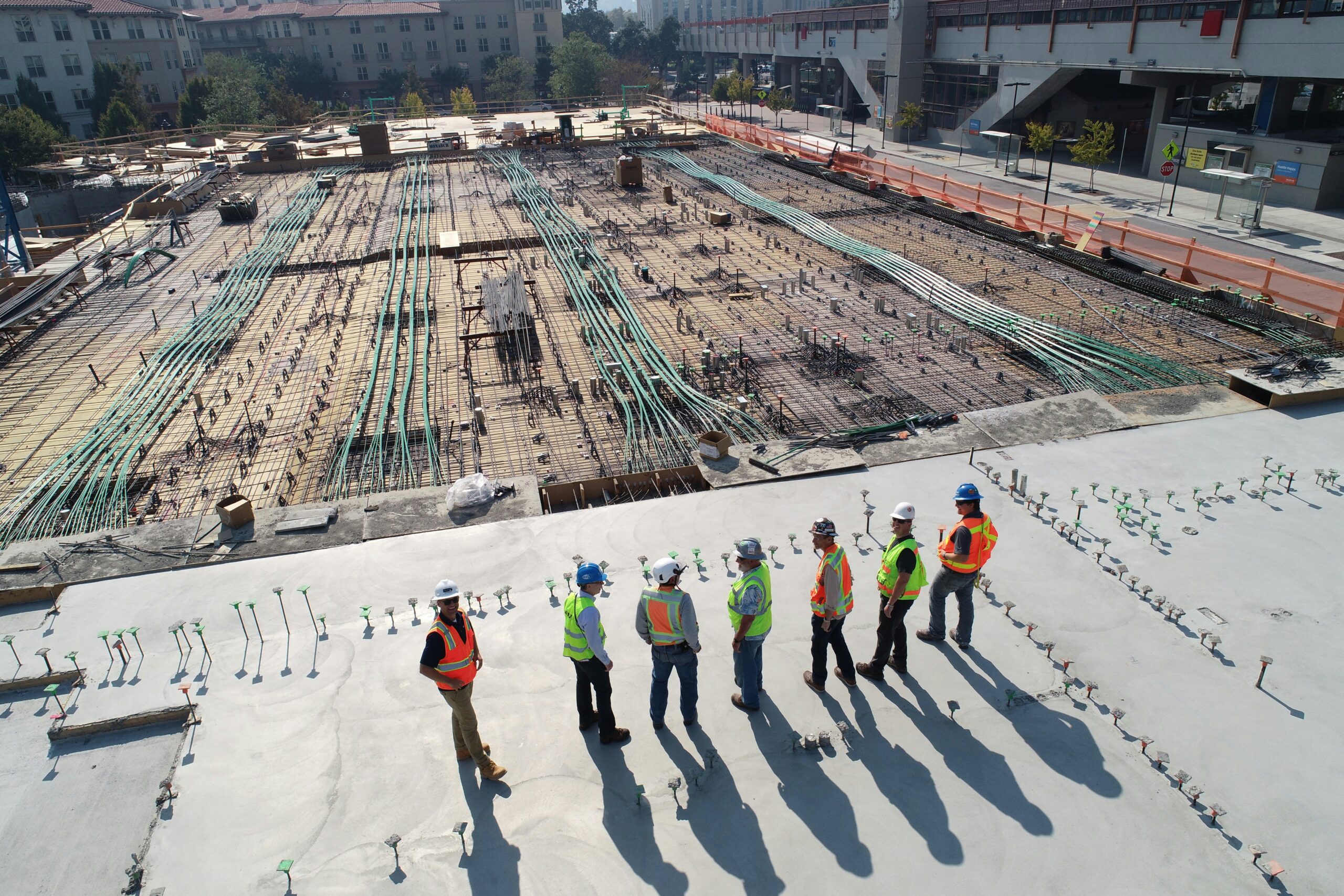
5 Critical Factors to Ensure Commercial Project Success
Commercial construction projects represent significant investments in terms of time, resources, and finances. Naturally, ensuring success demands meticulous planning, careful oversight, and strategic execution. Several critical factors consistently contribute to the outcome of commercial construction projects.
At the heart of any successful commercial project lies clear, effective communication among all stakeholders. Architects, contractors, investors, and the client must maintain open and consistent dialogue throughout the project lifecycle. Regular meetings, accurate documentation, and clearly defined roles are foundational to ensuring smooth progress. When stakeholders understand their responsibilities and expectations are aligned, conflicts and misunderstandings are minimized, leading to better project outcomes.
Another critical component of project success is thorough and precise planning. Proper planning involves detailed site analysis, accurate budgeting, realistic timelines, and contingency plans for potential setbacks. The more comprehensive the planning phase, the fewer unexpected issues will arise during construction, significantly reducing delays and cost overruns. Engaging experienced professionals early in the planning stage ensures that critical aspects such as zoning, permits, and compliance issues are adequately addressed.
Quality assurance represents a fundamental pillar of project success. Quality workmanship, attention to detail, and adherence to strict industry standards are essential. Cutting corners or sacrificing quality to reduce costs often results in long-term problems, higher maintenance costs, and reduced property value. Hiring qualified, reputable contractors and suppliers ensures that each project meets or exceeds industry benchmarks.
Financial management is another area critical to project success. Maintaining a clear and realistic budget throughout the project’s lifecycle is paramount. Unexpected expenses can quickly derail construction projects, so monitoring expenditures, tracking changes meticulously, and adjusting budgets as necessary are vital practices. A skilled financial manager can identify cost-saving opportunities without compromising quality or safety, ultimately optimizing financial outcomes.
Finally, proactive risk management contributes significantly to successful commercial construction. Identifying potential risks—such as regulatory challenges, economic fluctuations, supply chain disruptions, or labor shortages—and developing strategic mitigation plans enables teams to respond swiftly when issues arise. Regular risk assessments throughout each phase of the project help ensure problems are identified early, addressed effectively, and minimized in impact.
Considering these critical factors consistently throughout the project’s lifecycle fosters a proactive and resilient approach to commercial construction. By prioritizing communication, careful planning, quality control, prudent financial management, and proactive risk management, stakeholders can confidently navigate commercial projects toward successful completion.
















